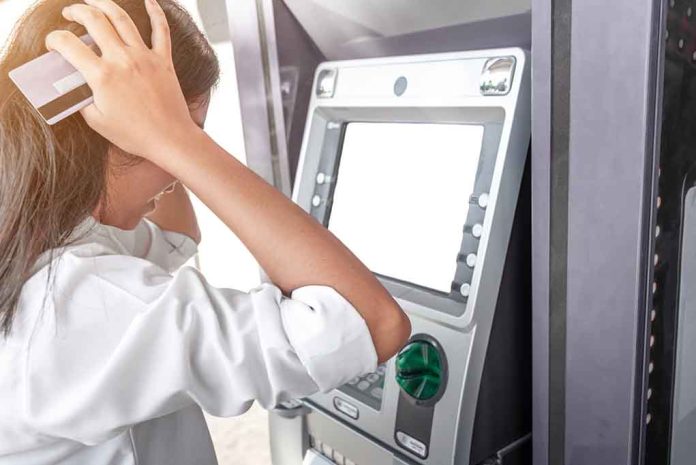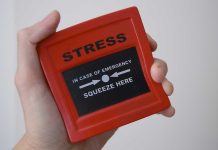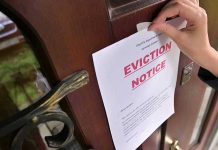
Negative Bank Funds? It’s Time for an Action Plan
(DailyDig.com) – When your bank account is in the negative, it can inspire immediate overwhelm, especially if you need cash urgently. As you may have experienced, having an account in the negative and then accruing additional bank fees can feel completely demoralizing — and when your next paycheck hits, much of it may go to that deficit. It’s hard to get ahead if you ever fall behind, and it feels like the punishments just keep coming.
If you’re one of the majority of Americans living paycheck to paycheck, consider using your check register and evaluate what went wrong so you don’t have that problem again next month or any month after.
However, if you discover your bank account is in the negative, you can act quickly when you have a plan in place before the bank account deficit happens. Instead of telling you how to avoid the negative bank account issue, we’ll tell you how to prepare for it.
To begin, gather your bank account information. What are the overdraft fees? Have there been policy changes recently?
If you’re concerned about a potential deficit, it’s time to call the bank. They might be able to help you out before something bad happens, and save you a lot of money on fees.
Careful with Existing Money
Whether you have thousands of dollars stored up in the mattress of your bed, you might have an influx of money coming in. If possible, hold all checks and transfers until the matter with the bank is solved. If you’re making money on a gig platform like Uber Eats or instacart, you may want to keep those funds separated for a while so they do not get drained as repayment for the emptied bank account funds.Money can be hard to think about for a breadwinner who may get upset over the skyrocketing prices of bread.
Speak to Debt Collectors
Are you in collections, or will you find yourself late on a monthly bill as result of your bank account being in the negative? The best thing you can do is speak with those collections agencies and let them know what’s going on. If you have been paying more than the minimum monthly owed, try paying just the minimum this month instead. You can also cancel scheduled transactions from creditors which could cause overdrafts.
Practical Tips for Being in the Negative
Whatever you do, don’t spend and accrue more fees. make sure you have a plan to save so you can get out of the negative. If you have money coming in from other sources and you’d usually deposit that money into the bank, consider whether it’d be worth it to cash the check at another institution so the money doesn’t have to go to the negative balance.
Understand the Overdraft
How did this happen? Was it a one time circumstance, or something that could crop up again? While this is a preventative solution, it’s also like providing a post-mortem onyour bank account. Most bank fees for overdrafts are around $30, but some will keep letting charges through and provide that fee rather consistently. In many cases, you’re better of cutting up those credit cards.
Call the Bank
This is doubly important if you’re a new customer and/or have never overdrafted before this event. Speak with your bank and let them know you’re sorry and it was an oversight. This conversation works better if you’ve replenished your account first. Everyone who experiences overdraft fees should call the bank and attempt to negotiate. Give them a good reason, but an honest one.
Remember: when you’re panicking, stop and pull out this cheat sheet. The exercise of thinking through these things will surely help you find direction.
Copyright 2022, DailyDig.com













